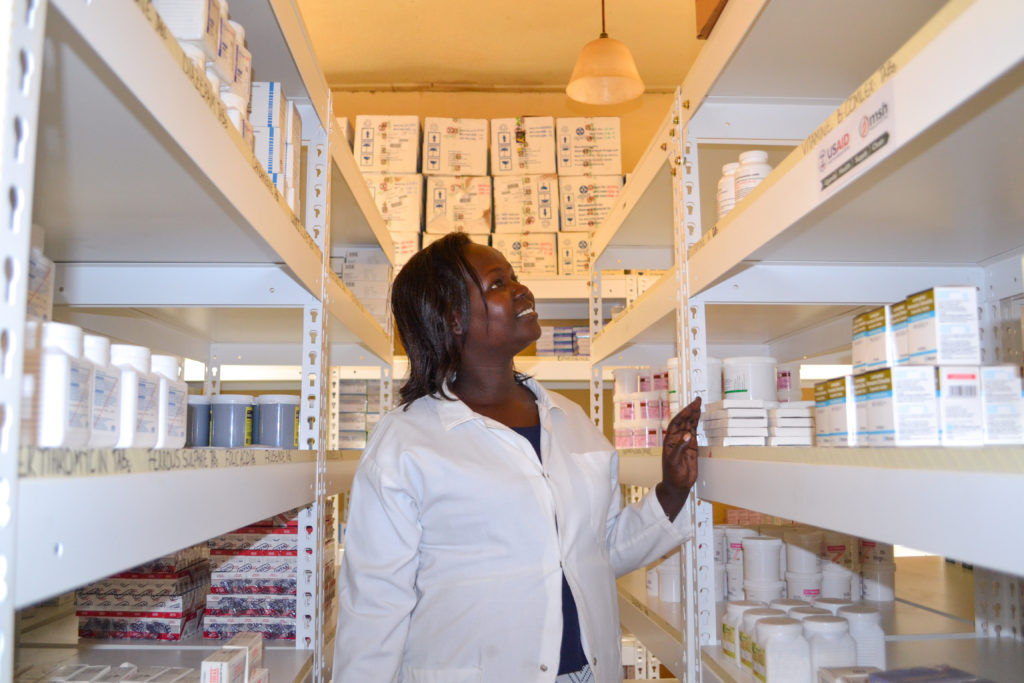Engaging Civil Society in Social Accountability to Improve Access to and Appropriate Use of Quality Maternal, Newborn, and Child Health-Related Medical Products: A Discussion Paper
Engaging Civil Society in Social Accountability to Improve Access to and Appropriate Use of Quality Maternal, Newborn, and Child Health-Related Medical Products: A Discussion Paper
This resource is also available on the MTaPS website.

The engagement of civil society is key for ensuring access to high-quality services and is a cross-cutting investment priority to strengthen community health systems across countries. However, less is known about the involvement of civil society to increase access to and appropriate use of quality medical products. Maternal, newborn, and child health (MNCH) medicines, for example, tend to get less attention than medicines for high profile health conditions, such as HIV, tuberculosis, and malaria, when decisions are made on priorities for procurement and ensuring availability at the last mile. Communities that are able to hold the state accountable for ensuring access to and appropriate use of essential MNCH medical products can help to generate improvements in the quality of MNCH services. Greater community involvement is expected to contribute to increased trust between communities and providers and better design and implementation of improvement interventions, particularly when communities are empowered to provide feedback.
The discussion paper, developed by USAID MTaPS, reviews experiences and lessons learned from social accountability research and interventions to identify policy and practice implications for initiatives seeking to engage civil society in improving access to and appropriate use of quality MNCH medical products. The role of different actors in the success or failure of social accountability interventions is also explored. To go beyond the traditional social accountability interventions that focus primarily on strengthening the demand (user) side of health care services at the local level, the paper proposes three main actions, which if followed, will result in interventions that are adaptive, promote learning, and are likely to sustainably improve access to and use of quality MNCH medical products.